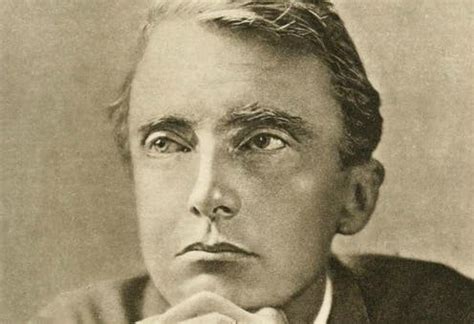A Quote by Dakin Matthews
I think there's something about a sylvan setting; you want grass and nature with outdoor Shakespeare.
Related Quotes
The classic theology of my tradition comes from the French Renaissance. [William] Shakespeare was born in 1564, the year [John] Calvin died, and that theology was very influential in England in his lifetime. I think Shakespeare was attentive to questions raised by it, about human nature, history, reality itself. I find the two literatures to be mutually illuminating.
Grass is the forgiveness of nature-her constant benediction. Fields trampled with battle, saturated with blood, torn with the ruts of cannon, grow green again with grass and carnage is forgotten. Streets abandoned by traffic become grass-grown, like rural lanes and are obliterated. Forests decay, harvests perish, flowers vanish, but grass is immortal.
I think American actors are much more intimidated by Shakespeare. I actually want to do this Shakespeare play in New York, but I think it's interesting that there's this gaping hole in the repertoire in the American theater, which is Shakespeare. It's hardly ever done, compared to how often it's done in other companies, not just Britain. Someone from the Roundabout Theater Company - I said, "You never do Shakespeare." And he said, "Yes, we're not very good at it." And I thought, "What a terrible thing to say.".
Shakespeare said that art is a mirror held up to nature. And that’s what it is. The nature is your nature, and all of these wonderful poetic images of mythology are referring to something in you. When your mind is trapped by the image out there so that you never make the reference to yourself, you have misread the image.
"Humanism" is to be human, to think, to analyze, and to probe. To respond and to be stimulated by all living things - beasts, fowl, and fishes. To respond through touch, sight, smell, and sound to all things in nature - both organic and inorganic-to colors, shapes, and textures - to not only look at a blade of grass but to really see a blade of grass. These things, to me, are what life and living are all about. I would call it "Humanism."




































